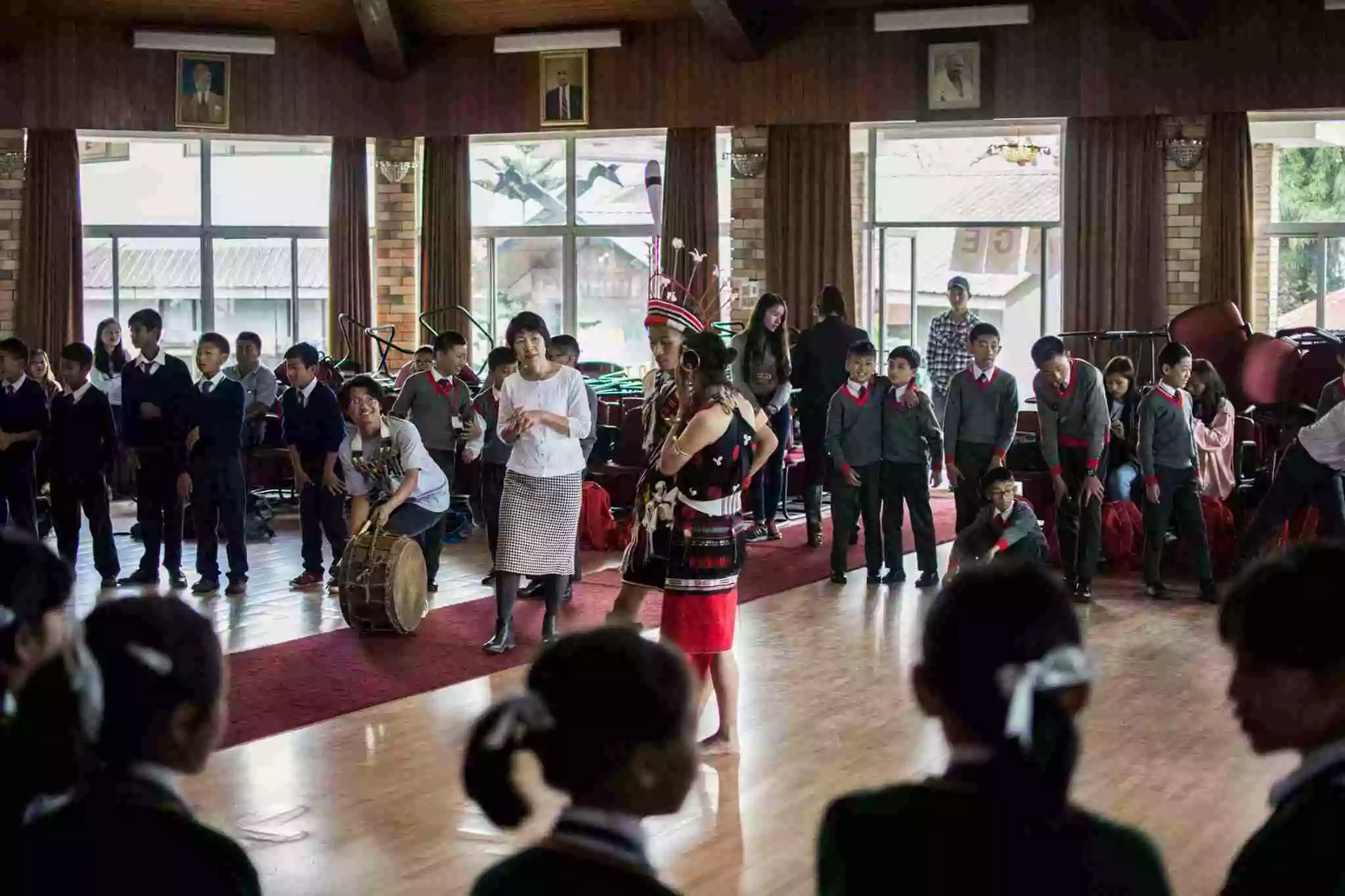
Highland Institute
On June 10, The Highland Institute, a non-profit research organisation in Kohima, marked its tenth anniversary. The institute was established in 2013 by American anthropologist Dr. Michael Heneise and Dr. Kekhrie Yhome, Advisor for School Education and SCERT. At the time, Dr. Yhome was a PhD student at Jawaharlal Nehru University in New Delhi.
On the occasion of the 10th Anniversary, Dr. Vizovol Mekro, a member of the Highland Institute Board and a former principal of Phek Government College, remarked, “I first send my congratulations to the two co-founders, Dr. Michael Heneise and Dr. Kekhrie Yhome. Making such an institute viable and successful in a place like Nagaland, in a remote area of India with few research facilities, takes a lot of guts, expertise, and solid leadership. The astounding development of the Institute is mostly due to the excellent leadership, net-working ability and relentless hard work of Dr Michael who served as Director till the early part of this year.”
From its Nagaland base, the Institute reaches out to a global network of collaborating scholars and academic institutions. The research centre focuses on socio-political, cultural, historical, environmental and developmental issues affecting communities in highland Asia.
Its research partners have included Oxford Policy Management, UK universities in Leeds, Edinburgh, and Cambridge, RV University Bangalore, Centre for Karbi Studies, India-wide Doctors for You, the International Development Research Centre of Canada, the Danish Institute for International Studies, and the Nagaland Government. The Highland Institute also has a vibrant community of associated research Fellows from distinguished universities around the world.
Catriona Child, Acting Director, drawing attention to the establishment’s community role, said “Our Institute exemplifies how global and local can work together. We have an active internship programme and, supported by our international Fellows, we train local scholars to become world-class researchers. Moreover, we regularly reach out to Kohima schools with events like our ethnographic film club and themed activity days.”
Previous projects include work on an important Karbi epic “Kecharhe Alun”, investigating surgical care in four states, documenting youth-related problems in post-conflict situations, studying nutrition determinants and strategies in North-East India, and holding exhibitions, such as the recent “Ancestral Voices” showcasing Nagaland’s changing soundscapes. Current projects include two multi-year studies on indigenous environmental knowledge and climate change, a review of Kohima’s tourist facilities, and Ekologos, a global environmental humanities initiative led by UiT the Arctic University of Norway.
The Highland Institute Fellowship seeks to attract world-class scholars actively engaged in both research and teaching in conjunction with partner institutions and granting agencies. Often based in staff positions in other universities around the world they engage in both short- and long-term research projects in South and Southeast Asia, and often work closely with postgraduate and early career researchers at the Institute in collecting, processing and publishing data and findings. Fellows may spend several weeks to several months engaged in fieldwork, and organise as well as present their ongoing work in the regular calendar of seminars, meetings and activities organised by the Highland Institute. Time permitting, they engage in intensive or term-length modular teaching at primarily the postgraduate and early career research levels, and occasionally conduct research training workshops in local partner colleges and universities.
Research collaboration is a rare commodity nowadays, according to co-founder Dr. Michael Heneise, who was speaking about the first ten years of The Highland Institute. But without reliable data, objective analysis, resolute radical uncertainty, a sincere desire for openness and sharing, and an unflinching dedication to independence, the radical change of Asia is unachievable. Although ten years is a nice milestone, the following ten will show whether our ideology is enduring. The sweet lullabies of profit or the anti-intellectualism hollowing out higher education worldwide are not immune to even the most ethically fortified learning institutions, non-profits, and learned societies. It’s essential to have a sound dedication to self-analysis. A significant milestone is the ideal time for self-evaluation and long-term planning.
(This story has not been edited by Bharat Express staff and is auto-generated from a syndicated feed.)

















